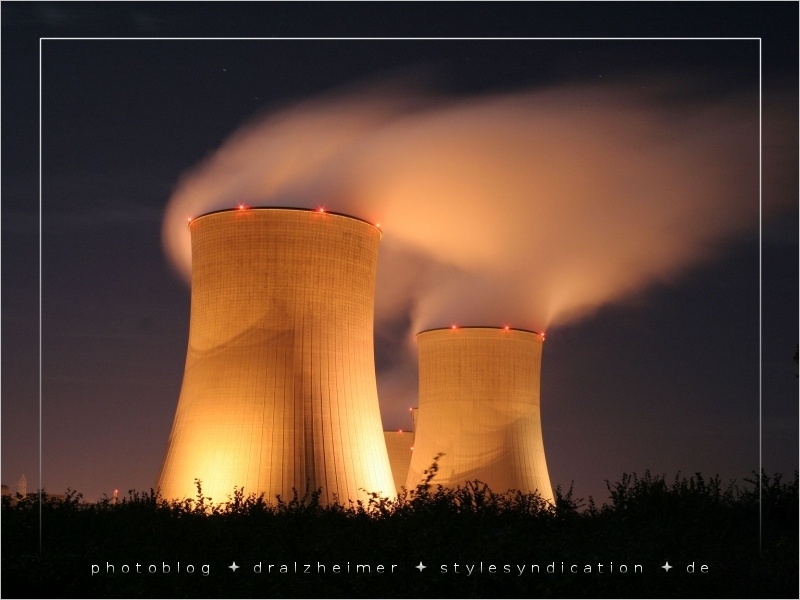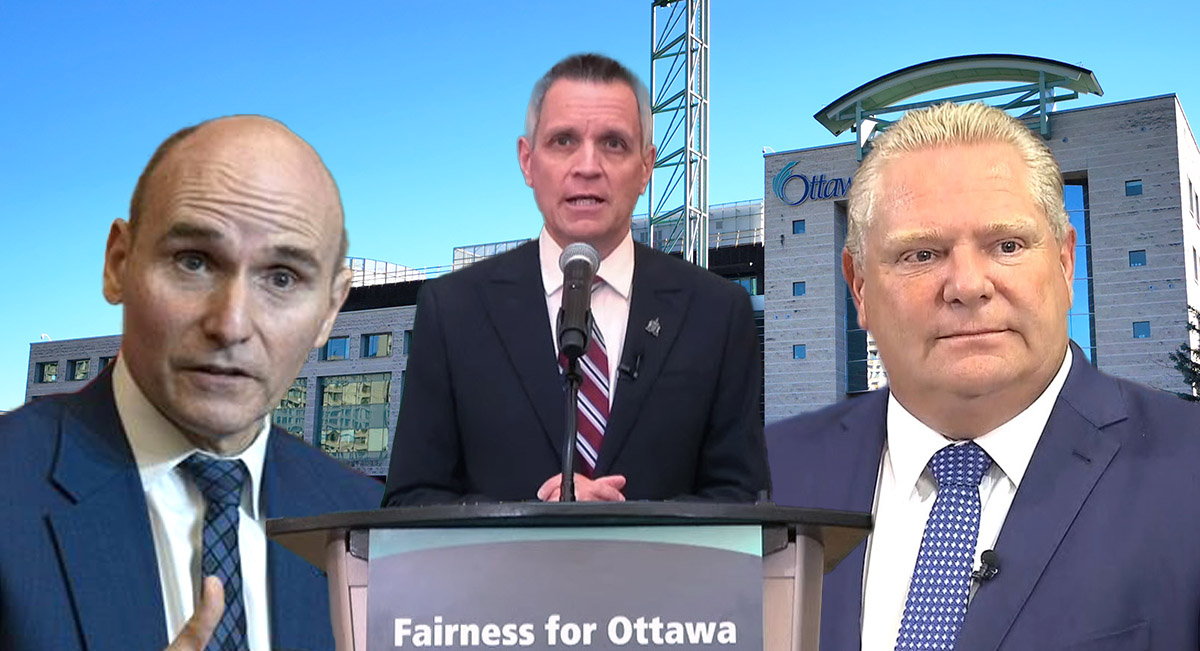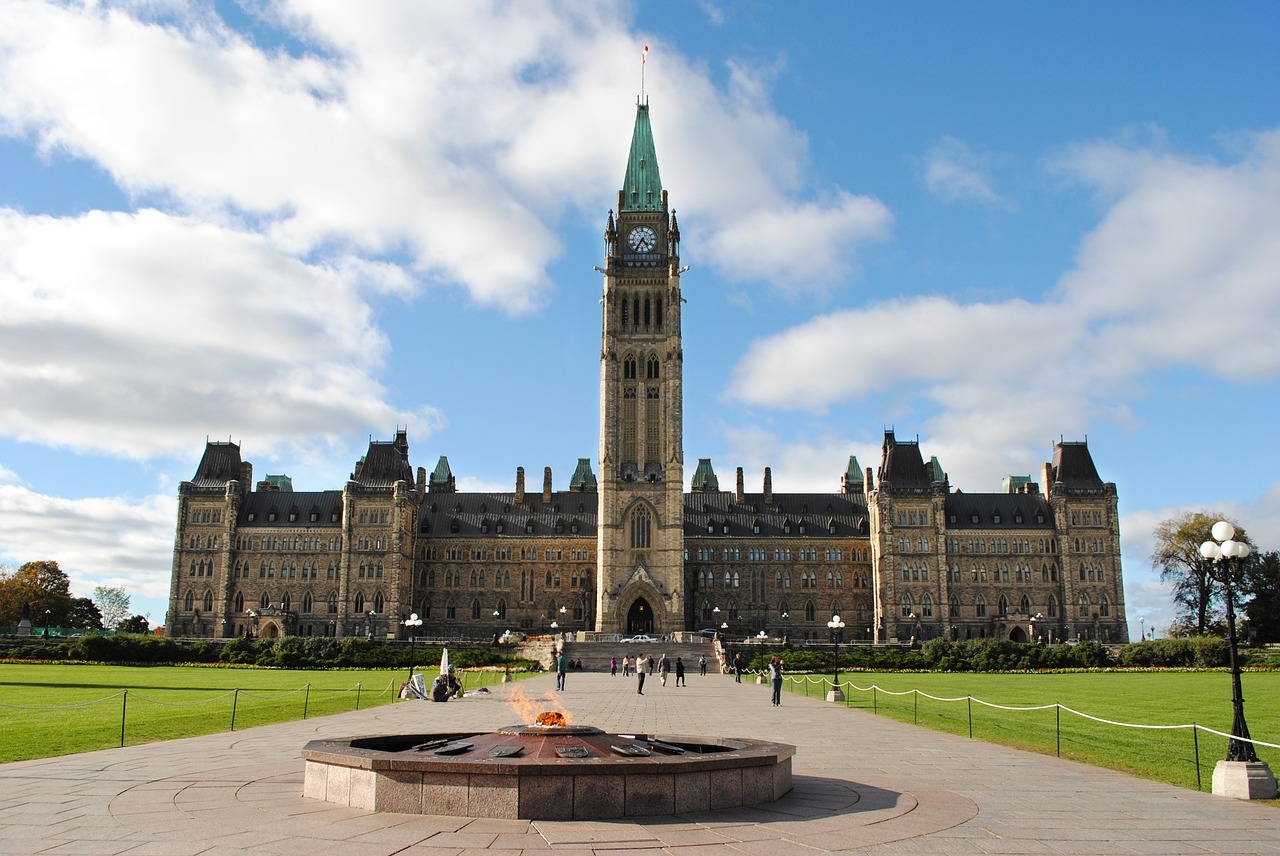
Greener days are not ahead: Where is Elizabeth May and the Green Party in this campaign?
Today is the first anniversary of the explosion of BP’s Deepwater Horizon rig located in the U.S. Gulf coast that killed twelve men and initiated the worst oil spill in history. But even the memory of that tragic episode will not prevent similar endeavors in Canada’s Arctic. On the contrary, the combination of melting Arctic ice and the pressing need for economic opportunity among many northern communities has rendered off shore drilling in the Beaufort Sea inevitable. Companies aggressively bidding on mining leases promise to have learned from BP’s experience this past year. But even in the absence of another oil spill, deepwater drilling will surely contribute to the ongoing process of average temperature increases, melting ice and rising sea levels in the Arctic region. Meanwhile both the earthquake and subsequent tsunami that together devastated Japan last month has reminded the world of the ongoing risks associated with nuclear power. For all of their protective features, nuclear power plants can still leak radiation into the atmosphere, particularly in the wake of catastrophic weather events. And there remains the unresolved issue of how to safely store nuclear waste. Abstaining from going nuclear would be easy if the alternatives weren’t also damaging to the environment. But energy sources such as coal and oil are responsible for unsustainably high carbon emissions going into the atmosphere. The question then of how we fuel our economies in an environmentally sustainable manner is fraught with challenges. Indeed how we address energy issues and the emerging impacts of climate change will assume a central role in the country’s evolution in the coming decades. Yet more than half way through this campaign, the environment merits nary a word from the major parties.
levels in the Arctic region. Meanwhile both the earthquake and subsequent tsunami that together devastated Japan last month has reminded the world of the ongoing risks associated with nuclear power. For all of their protective features, nuclear power plants can still leak radiation into the atmosphere, particularly in the wake of catastrophic weather events. And there remains the unresolved issue of how to safely store nuclear waste. Abstaining from going nuclear would be easy if the alternatives weren’t also damaging to the environment. But energy sources such as coal and oil are responsible for unsustainably high carbon emissions going into the atmosphere. The question then of how we fuel our economies in an environmentally sustainable manner is fraught with challenges. Indeed how we address energy issues and the emerging impacts of climate change will assume a central role in the country’s evolution in the coming decades. Yet more than half way through this campaign, the environment merits nary a word from the major parties.
Their silence on most matters environmental could have presented an opportunity for Elizabeth May and the Greens to raise their shared voice. Yet more than three weeks into the campaign, the Green Party’s momentum strikes me as utterly stalled. Elizabeth May’s absence from the English and French leaders’  debates accounts in large part for her party’s apparent invisibility. Her protests over the media consortium’s decision generated sympathy and served to keep her and the party in the public eye; but once May’s exclusion was confirmed, any focus on her and the Greens also ceased. And now, despite the scattering of Green party candidate signs across the landscape, May and the Greens are more an afterthought than a viable alternative to any of the other major parties. She and a few other party candidates could win their respective riding, but if the election were held tomorrow it is hard to imagine the Greens getting as much of the popular vote as they did in 2008.
debates accounts in large part for her party’s apparent invisibility. Her protests over the media consortium’s decision generated sympathy and served to keep her and the party in the public eye; but once May’s exclusion was confirmed, any focus on her and the Greens also ceased. And now, despite the scattering of Green party candidate signs across the landscape, May and the Greens are more an afterthought than a viable alternative to any of the other major parties. She and a few other party candidates could win their respective riding, but if the election were held tomorrow it is hard to imagine the Greens getting as much of the popular vote as they did in 2008.
Beyond May’s exclusion from the debates, how do we account for the Green’s sagging fortunes? One obvious explanation is that all parties incorporate the environment into their platforms. People may thus not feel the need to vote Green in order to feel as though they are advancing an environmental agenda. To be sure, all parties do make at least vague references to promoting economic growth without compromising the environment. But all parties also have an interest in avoiding the environment as a key campaign issue. Stephen Harper will not publicly acknowledge the reality of climate change, in part because he is suspicious of the science and in part because the conservative’s core constituency remains in Alberta. The province’s tar sands remain the country’s biggest source of carbon emissions. To confirm the legitimacy of the science behind climate change would thus be to implicitly acknowledge the need to more aggressively reduce those emissions. Both the liberals and NDP better appreciate the scale of our environmental issues and advance some noteworthy initiatives in their respective platforms. Nevertheless both parties fear any perceived connection between their plans for environmental security and increased taxes. The Greens thus remain in a position to distinguish themselves from the other parties.
A related possibility is that the Greens are paying too high a price in voter support for potentially compromising Canada’s economy as a way of advancing a radical environmental agenda. The perception may persist in some quarters that the Green Party is comprised of a bunch of aging hippies and young idealists whose ideas would only sabotage the economy if they were ever put into practice. In truth, however, to judge by the Green’s election platform, their declared agenda is more vague than radical. The few concrete policy initiatives include a transition from our first past the post to a proportional-based electoral system, increased corporate taxes and less money spent on making war in Afghanistan. These ideas are all worthy of consideration and debate, but where are the initiatives that stem more directly from the environmental crisis? For example, why is there no national urban sustainability strategy when more than three quarters of Canada’s population resides in cities and it is to cities where most new immigrants migrate? How do the Greens propose to realistically shed Canada’s dependence on fossil fuels, especially given their opposition to nuclear power? How does the Green Party propose to manage the Arctic’s looming economic development in a way that is environmentally sustainable? The party’s platform provides no answers to such questions. It’s as though in being deliberately vague, the Greens were hoping not to alienate moderate Canadians considering voting for them. If so, the strategy is shortsighted and bound to fail.
consideration and debate, but where are the initiatives that stem more directly from the environmental crisis? For example, why is there no national urban sustainability strategy when more than three quarters of Canada’s population resides in cities and it is to cities where most new immigrants migrate? How do the Greens propose to realistically shed Canada’s dependence on fossil fuels, especially given their opposition to nuclear power? How does the Green Party propose to manage the Arctic’s looming economic development in a way that is environmentally sustainable? The party’s platform provides no answers to such questions. It’s as though in being deliberately vague, the Greens were hoping not to alienate moderate Canadians considering voting for them. If so, the strategy is shortsighted and bound to fail.
It is of course understandable that May’s priority is to win a seat in the House of Commons. But she should not be attempting to do so on the strength of her personality alone or on the basis of vague promises. Such a strategy would be at the expense of her party’s modus operandi. The Green Party should aspire to be the country’s authority on ways of directing Canada’s economy in a more environmentally sustainable direction. In the end, such an approach will build a more secure foundation and more popular support than the Greens appear to have now.









